- Home
- slideshows
- miscellaneous
- Meet Google's 14 'unsung rockstars' that insiders say are about to blow up
Meet Google's 14 'unsung rockstars' that insiders say are about to blow up
Rishi Chandra, Vice President of product management and general manager of home products

Elizabeth Hamon Reid, Vice President of Engineering for Geo's local team
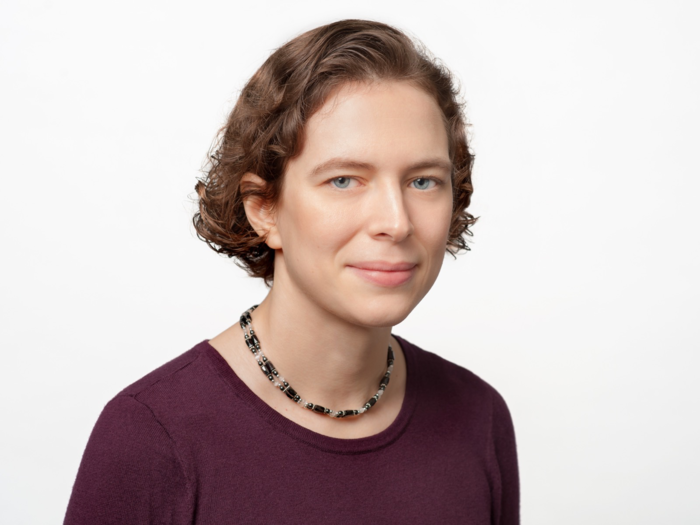
Elizabeth Hamon Reid, Vice President of Engineering for Geo's local team, was the first woman engineer at Google's New York headquarters.
Google relies on her to oversee the company's engineering efforts that are focused on helping people discover and find information about the physical world.
She helped develop the earliest version of the Google Maps Search by Location feature. From there, she was selected to lead development across various maps and local search products.
Eric Baczuk, designer for secret projects at Google
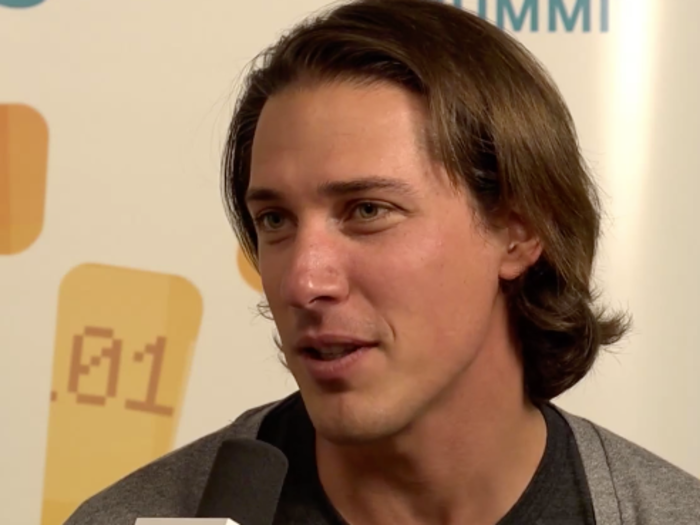
In his four years at Google, Baczuk has been tapped to work on several super-secret programs.
A designer with roots at the iconic frog industrial design firm and MIT's SENSable City Lab, Baczuk now identifies himself on LinkedIn as a designer for "Special Projects" at Google. According to a source, he is in fact now part of Daydream, Google's virtual reality project.
Up until a few months ago, Baczuk was a designer-in-residence at Sidewalk Labs, Google's urban-planning unit. His work exploring new concepts in urban housing and other critical issues plaguing cities across the globe attracted attention within the company, and led to his current assignment. We can't wait to see what he dreams up in the virtual world.
Nick Fox, Google's Vice President of product design
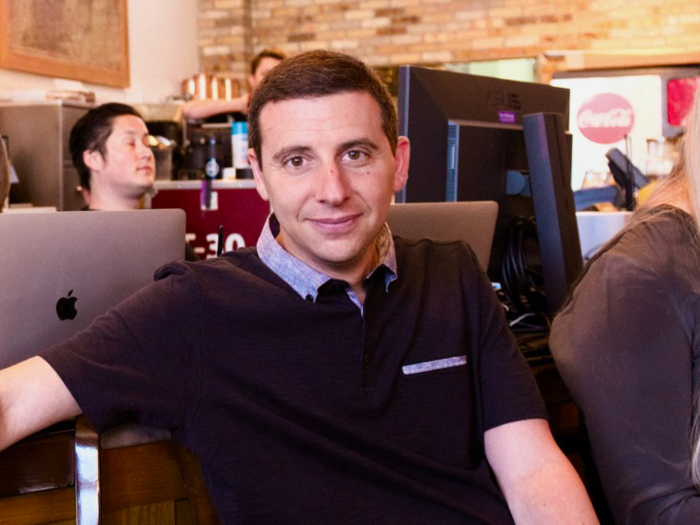
Nick Fox heads up Google's product management and design for Assistant and Search.
These are two vital areas for Google. Search is Google's main money-maker and Assistant, the digital valet that competes with Apple's Siri and Amazon's Alexa, is the most visible incarnation of artificial intelligence — a technology that's incredibly important to the company's founders, Sergey Brin and Larry Page.
That Fox works in two marquee areas for Google is probably the best testament to the trust Google has in him.
He was on hand last month when Google offered reporters a chance to play around with Duplex, the digital assistant that understands and speaks in natural language well enough to briefly converse with humans. So far, the technology can do little more than reserve tables at restaurants or book appointments at hair salons but the future appears wide open.
Before this, Fox led Google's communications product area and worked at Project Fi, the company's wireless cellphone service.
Mary Ellen Coe, President of Google Marketing Solutions
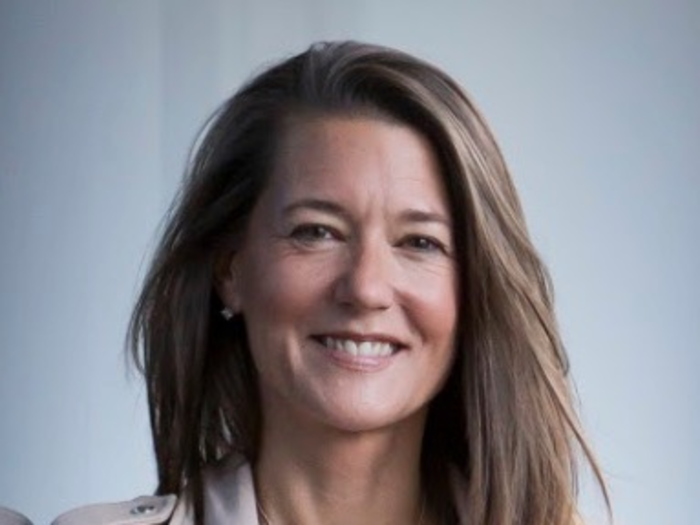
Mary Ellen Coe helps build bridges from Google to Main Street.
As president of Google marketing solutions, Coe oversees the company’s worldwide mid-market and small advertiser business, a growth area for the company. This means Coe must look out for millions of customers and thousands of ad agencies.
One of her responsibilities is to help businesses, even mom-and-pop tiny enterprises, embrace the internet and digital technology. Google tries to help customers attract their own customers locally.
She has the right background for the job. Her parents operated a plumbing and heating business while her grandparents ran a general store, she told The Business Journals.
In addition to that experience, she was also on the board of Whole Foods, but left shortly after one of Google’s top competitors, Amazon, bought the grocery chain late last year.
Justin Steele, Americas lead at Google.org
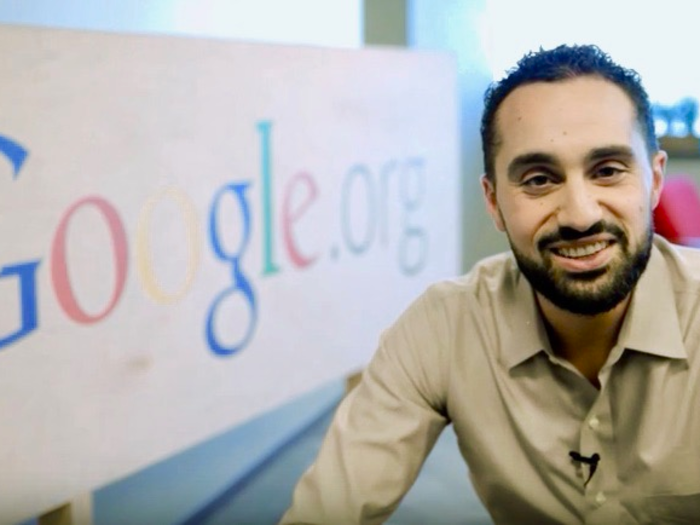
Justin Steele is a principal at Google.org, where he's responsible for the grants given by the charitable organization in the U.S., Canada, and Latin America.
He also is involved in the company's contributions to areas that focus on bringing about racial justice nationally.
Before arriving at Google, Steele worked as a management consultant at Bain & Co. and The Bridgespan Group creating strategic plans for companies.
In an interview posted to one of Google's blogs, he said about his work with Google.org: "We empower (grant recipients) to be bold in their pursuit of social change and bring about a better world, faster. More locally, we want to give local nonprofits the resources and support needed to be similarly bold in their approach to our region’s toughest social challenges."
Martin Shelton, User Experience Researcher at Google Chrome
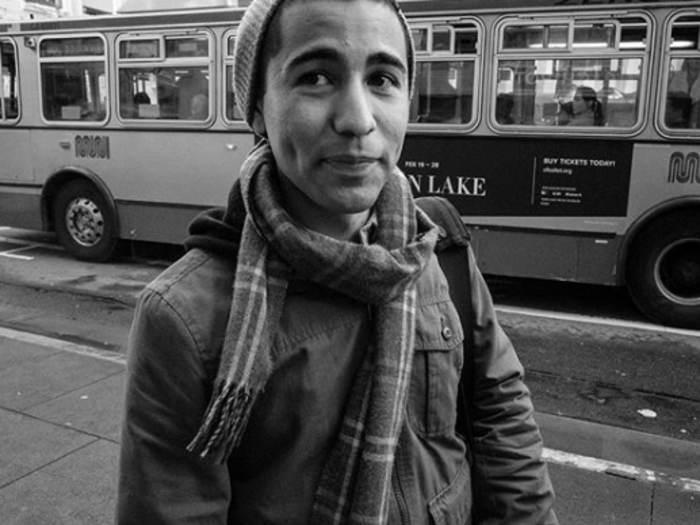
Journalists across the globe have an ally in Dr. Martin Shelton, a user experience researcher within the Google Chrome unit.
He searches for ways to improve privacy and security, especially for at-risk groups. Those would include journalists who work in countries, such as Mexico, Turkey and Egypt, where reporters have either been murdered by criminal organizations or tossed in jail by governments that don't value a free press.
Google and Shelton deserve credit for trying to help them learn how to protect themselves while online.
Before arriving at Google, Martin worked as a Knight-Mozilla OpenNews fellow with the New York Times. While there, he studied the security practices of journalists and civil society groups.
Google has promised to offer more assistance to help news organizations during a time of falling revenue and seismic shifts in their business brought on by technological change.
Sanjay Kapoor, Vice President Corporate Development
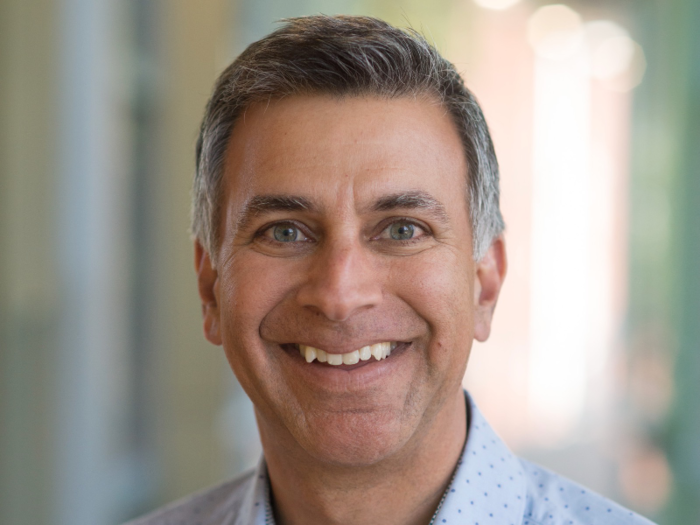
Sanjay Kapoor has a lot of experience managing big deals for Google.
He oversees Google's mergers and acquisitions, corporate development as well as the company's investments.
In May, he was one of the people who helped launch a new investment program for startups that work on new features for Google Assistant.
A 15-year veteran of the company, Sanjay previously was chief of global business development for Google’s ads and commerce business, including payments, shopping, travel and measurement for five years.
He also has led many of Google’s most complex and strategic partnerships with advertising, tech and payments partners.
Ben Gomes, Vice President of Search
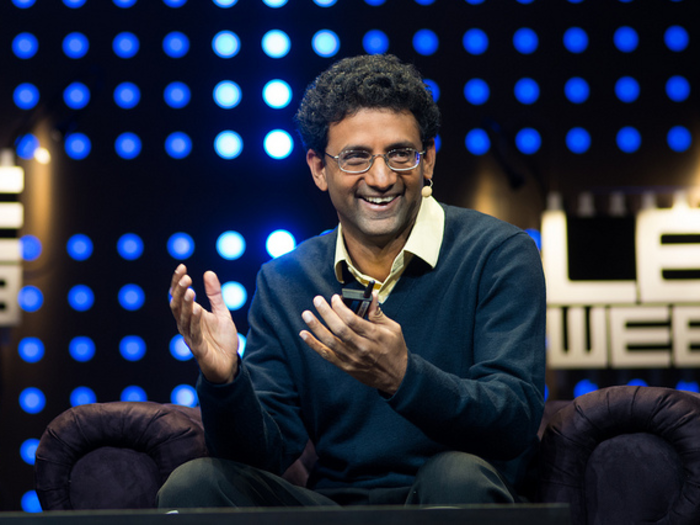
In April, Apple hired away John Giannandrea, the Google exec who oversaw search and artificial intelligence.
That left a big hole.
Google's management turned to Ben Gomes to take over in search. In addition, he also now leads Google Assistant, Image search and News.
Previously, Gomes was vice president for the search group's engineering department. In his 18 years at Google, he was instrumental in the building of Search that has helped turn Google into the colossus it is today.
Gomes has also found a bit of fame for a video he appeared in that attempts to answer some popular questions asked of Google search. The clip has more than a 1 million views.
Avni Shah, Product Manager for a new and undisclosed initiative
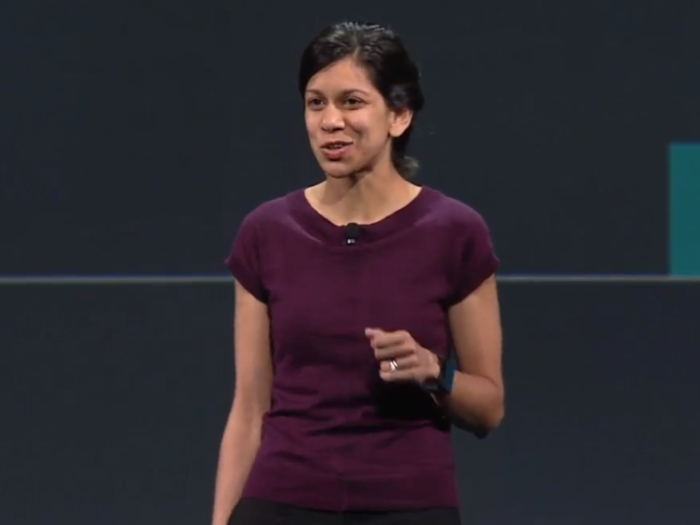
Avni Shah is now product manager for a new and undisclosed initiative at Google.
But if her experience is any guide, it's something Google has big plans for. Her last gig was chief of development for Google Chrome, which now has more than 1 billion users. And before that, Shah was product manager for Google Maps and Local efforts for Europe, the Middle East, and Africa.
Whatever job she's held, she's long been involved with efforts that encourage young women to become engineers and join the tech sector. A superb public speaker, Shah is often asked to appear at conferences.
Asked by Forbes magazine to give some advice to her young self, Shah wrote: "You have a unique opportunity to try out different disciplines, activities, and classes to discover interests you didn’t even know you had. Don't worry so much about what it means for your ‘career’ — this exploration will ultimately open doors, not close them."
Aparna Chennapragada, Vice President of Product for AR, VR and vision-based products
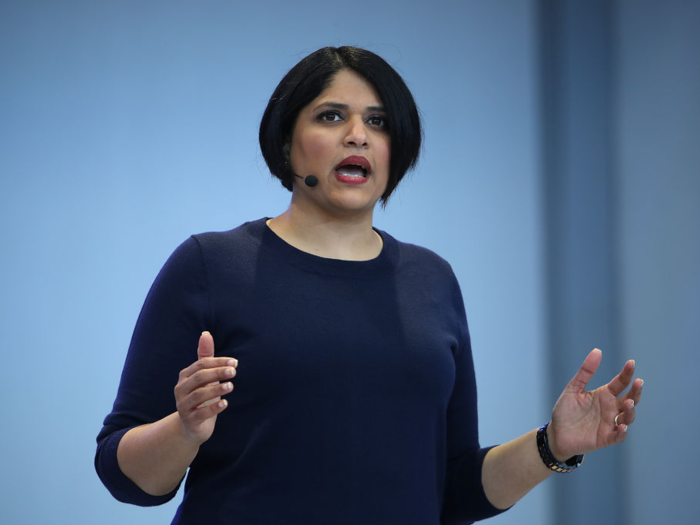
Aparna Chennapragada has helped develop some of Google's most innovative search features and is now pushing the boundaries in the next frontier.
As Vice President of Product for augmented and virtual reality, Chennapragada is responsible for Google Lens, the mobile app that lets users point their phones at objects in the real world and get instant information about the object.
Chennapragada came to Google's YouTube in 2008 from Akamai as a product manager. At the video-sharing service, Chennapragada guided research into new user features and from there went on to become a senior product manager in Google Search.
After a three-year tour with Google Now, the predictive-search mobile software, she eventually became technical assistant to the CEO, where according to her LinkedIn page she helped "drive cross-company product strategy." In March, she became a board member for Capital One.
Derek Slater, Senior Public Policy Manager at Google
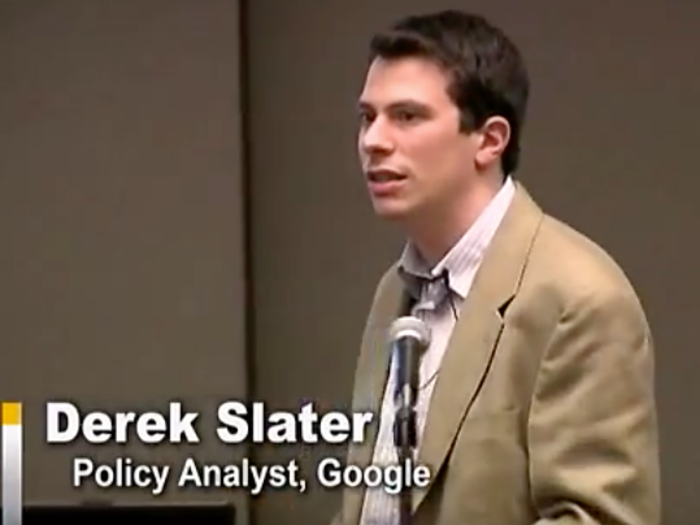
Derek Slater is Google's champion when it comes to public policy.
As Senior Public Policy Manager, he's now working on the Future of Work, an initiative funded by Google.org to help prepare people for the "changing nature of work."
Before that, Slater led Google Fiber’s efforts to persuade cities to adopt fiber-friendly regulations. In one of technology most famous policy triumphs, Slater apparently helped lead Google's efforts to kill a bill heavily supported by the entertainment industry.
In 2011, the bill, called the Stop Online Piracy Act, was designed to simplify the process of removing alleged pirate sites from the Web. Google, Wikipedia and others said it would lead to online censorship. Nonetheless, the bill possessed broad bipartisan support and looked like a shoe-in to become law.
But then, seemingly out nowhere, came a massive online protest as well as a raucous street demonstration in New York. The bill's support in both houses of Congress evaporated and it was a stunning defeat for the film and music industries. On his LinkedIn page, Slater takes credit for organizing a big part of these efforts.
Zak Stone, product manager for Google's TensorFlow
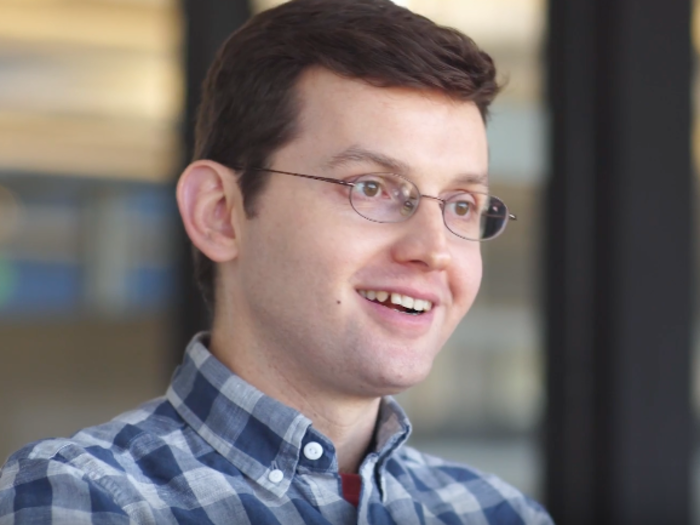
After working at Apple as a machine-learning strategist for 20 months, Zak Stone jumped to Google, where he's become a product manager for TensorFlow and Cloud TPUs.
TensorFlow is the open source artificial intelligence system developed by the Google Brain team and it simplifies the process of training models, obtaining data, and generating predictions.
At Google Brain, where Stone works, he is charged with "making hardware acceleration for machine learning universally accessible via cloud TPUs" according to his LinkedIn page. TPUs are microprocessors specially designed to work on AI tasks within a company's data center.
At this week's 2018 Google cloud Next conference, Google unveiled a small AI accelerator that will handle machine learning taks in IoT devices. Adding more machine learning and artificial intelligence capabilities to its offering is vital to Google's cloud efforts.
Google, the No. 3 player among the top cloud platforms, is trying to make up ground on Amazon and Microsoft, the No. 1 and No. 2 clouds respectively.
Vivek Raghunathan, Vice President of Engineering for YouTube's monetization
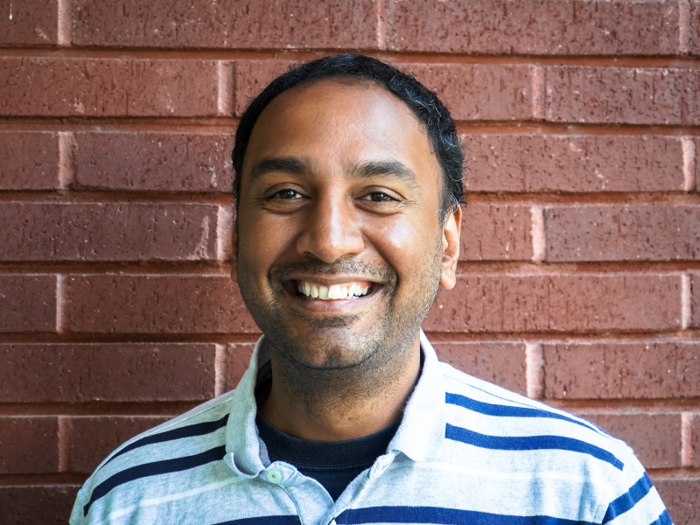
Vivek Raghunathan is a baller.
In his decade at Google, Raghunathan has stood out from the pack for his coding skills. He was named principle engineer in 2013 and became a "distinguished engineer," in 2016. These are prestigious titles at a place teeming with engineers.
In April, he was tapped for one of the company's most critical roles: Vice President of Engineering for monetization at YouTube, the world's largest video streaming site.
It's a big job, and Raghunathan will be under the spotlight.
YouTube is considered one of Google's most important businesses. Although Google has never revealed YouTube's financial performance, analysts at investment bank Morgan Stanley estimate that if the service were a standalone entity, it would be worth more than General Electric , IBM ,PepsiCo or Comcast , and would be roughly the same value as media powerhouse Walt Disney Co.
This may be YouTube's time. The same apparently goes for Raghunathan.
Popular Right Now
Popular Keywords
Advertisement